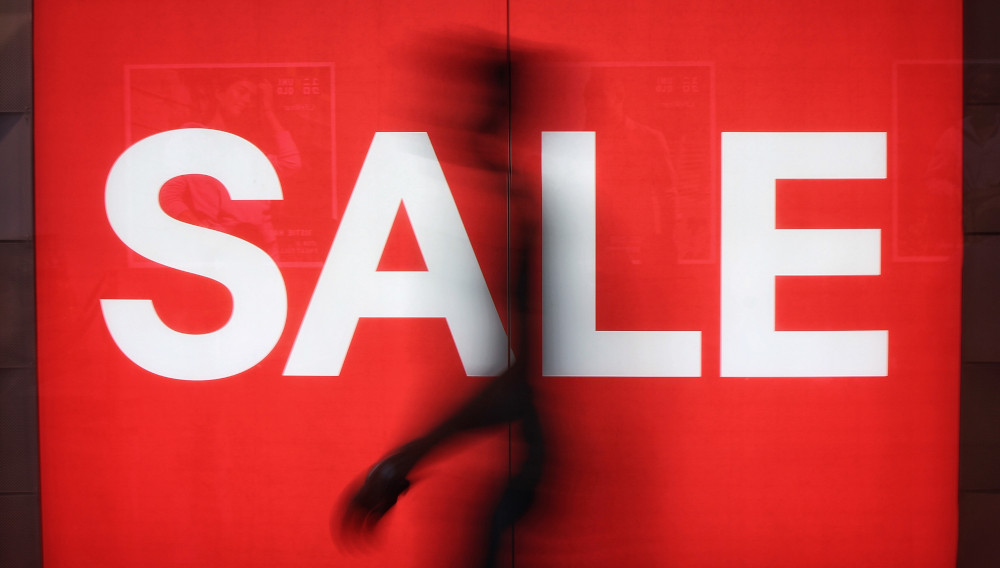AB-InBev’s affordability strategy: another word for discounts?
Belgium | Sometimes corporate language is just meant to befuddle. Take AB-InBev’s “affordability strategy”. In 2019, it was extended to markets with tough macro-economic conditions. Its initiatives call for lower revenue per hl but offer incremental profits.
That is the theory. At AB-InBev’s Full Year 2019 results presentation, on 27 February 2020, HSBC’s Carlos Laboy pertly told CEO Carlos Brito that he was seeing lots of discounts on AB-InBev’s premium brands, particularly in Brazil and South Africa. He wondered when it is helpful and strategically important to discount and when it is destructive? Moreover, he wanted to know how this fits into AB-InBev’s broader strategy of premiumisation?
In fact, in its Full Year 2019 press release, AB-InBev said that “South Africa delivered low single digit revenue growth per hl and mid-single digit volume growth.” In plain English, revenue growth could not keep up with volumes, which would have been in accordance with the strategy. However, AB-InBev had to admit that profits (EBITDA) in South Africa declined by high single digits, which must have screwed up the plan.
Pricing is "dynamic"
But Mr Brito wouldn’t be caught off guard. Instead he pointed out that this was part of the brewer’s portfolio approach, which he called “dynamic”, meaning that brands can get repositioned within the price ladder.
Patiently, he explained that, when AmBev launched the Bohemia Puro Malte brand in Brazil in the novel pure malt segment, it was given a premium price.
As Brazil’s premium beer segment is getting crowded, and there is increased competition from genuine international premium brands, Bohemia Puro Malte’s sales began to lag behind its rivals’. So AmBev took the decision to reposition Bohemia in the core+ segment, which is lodged in between the mainstream and premium price tiers. And pronto, sales took off again.
Seeing that the tactic proved successful, AmBev has since launched Skol Puro Malte, again positioned in the core+ price tier.
For the benefit of consumers
Same with Carling Black Label in South Africa. Because of the country’s wobbly economy, consumers had to tightened their belts. Core lager brands like Carling Black Label, South Africa’s major beer brand, came under pressure from cheap wines, Mr Brito said.
Hence AB-InBev chose to offer varied bottle sizes and packs, coupled with regular discounting, to boost demand for Carling Black Label. As AB-InBev has a larger and more aspirational range of premium beers (Corona Extra, for one) than SABMiller ever had, it is also freer than SABMiller to drive its core brands deeper into the mainstream segment.
Ultimately, both Mr Laboy and Mr Brito made their point. But “affordability strategy” sounds much more sophisticated and intelligent than plain “discounting”.
Keywords
international beer market Belgium beer sales
Authors
Ina Verstl
Source
BRAUWELT International 2020

